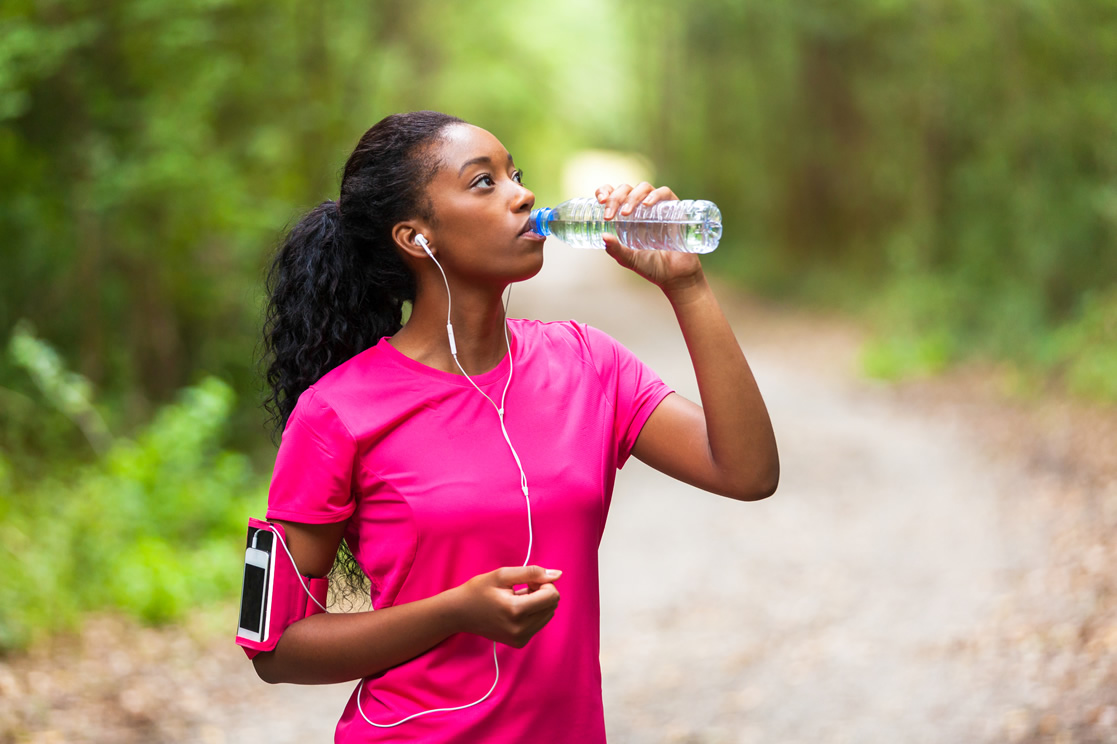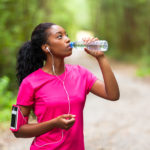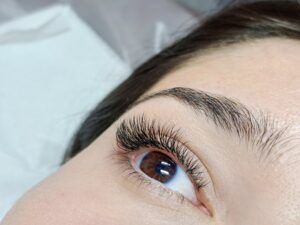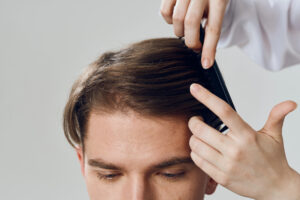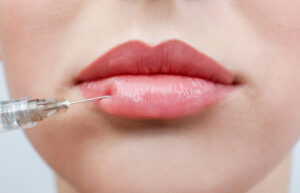You definitely exercise differently in summer than in winter, don’t you? Of course, you can’t get out and exercise when it’s snowing, but it feels pretty great in October when the weather is crisp and cool. On the other hand, hot and humid weather makes you feel like you’re putting in a lot more effort, and you get tired easily.
But does this mean you’re burning more calories, too?
Not necessarily. Let’s say you run for 20 minutes. Normally, you should burn an equal amount of fat and carbohydrates when you exercise. However, in cool weather, the exercise is less intense than in hot weather. And when the exercise is intense, you burn more carbohydrates than fat.
Fats have more calories than carbohydrates and proteins. So, if you’re exercising in order to burn calories, running in the hot sun will probably not do you much good. Sure, it will give you a lot of stamina, but it will burn a lot of carbohydrates, which means you will need to consume a lot of the same.
To quote the CEO of a running community, Greg Drach, you can achieve a better workout without the extra heat, in terms of effectiveness and results. He also warns that exercising in really hot weather can dehydratee you and even cause a heat stroke.
Then how do you burn those calories?
In summers, you could get a treadmill set up in your house or go to the gym. You can even get yourself a skipping rope or go for a pool workout. They’re both very effective. In fact, water provides more friction and resistance than air does, which means that pools can actually help you lose more calories.
There are many simple ways to add a bit to exercise to your daily routine as well. You can walk around in the house while talking over the phone. You could perhaps take the stairs instead of the elevator when you have the time.
If you really must step out for your exercise, make sure to always stay hydrated and pick a time of the day when the sun is less harsh- like in the early morning or late evening. If your muscles are cramping or you notice your pee is a little darker than usual, you might not be drinking enough water.
Also, when you go out to exercise, wear light colored clothes and slow your pace. Do not go out without applying sunblock, preferably one with anti-aging properties. You want to avoid sunburns, so as to keep your skin from premature aging and avoid the risk of skin cancer.
If you see even the slightest symptoms of heat-related illnesses like fatigue, dizziness, headaches, low blood pressure, excessive sweating, muscle cramps, or visual problems, get some water and lower your body temperature using ice packs or wet towels immediately.
But that’s not all! You should watch what you eat, too.
If calories are your concern, exercise isn’t the only thing that you should worry about. Most of us go easy on our diet in hot weather. We tend to hang out more often with friends and family, and we don’t always watch the calories that go into our bodies.
Sports drinks should be avoided, or at least diluted before consumption. Sweet teas and lemonades might seem very appealing, but they contain a hell of a lot of sugar. They give you about 80 calories, for every glass. You should take fruits and vegetables instead. At the very very least, your summer beverages should contain equal quantities of fruit juice and water.
Avoid frozen yogurt and cold creamy salads. If you’re having a green salad, make sure that it doesn’t have a high-calorie dressing. Go for healthy ice-cream flavors, like coconut. You do not want a beer belly either. Watch the alcohol you drink at your poolside parties.
*Information in this article is not medical advice and may not be factually accurate. It is intended for entertainment purposes only. Consult with a physician before attempting any tips in this blog post and to get the most up to date factual data about any procedure or treatment.

